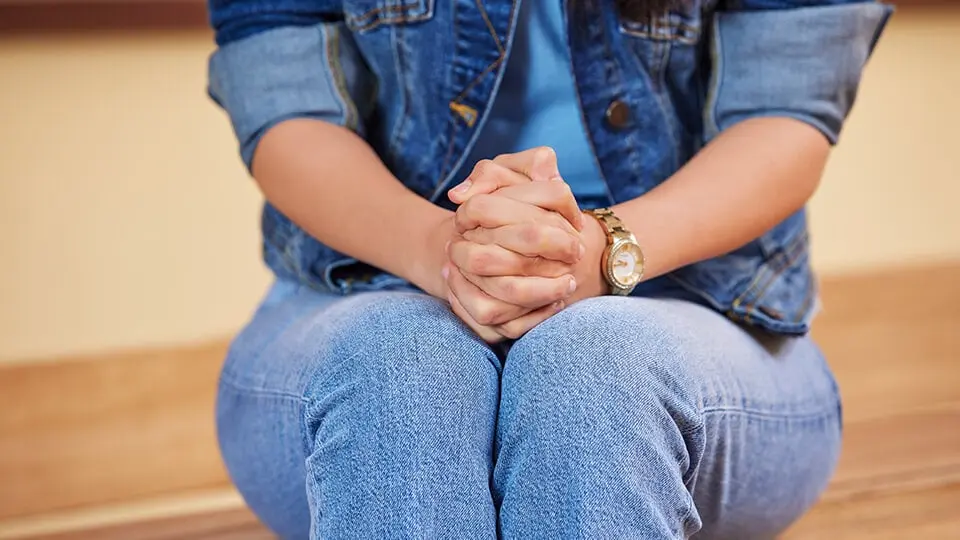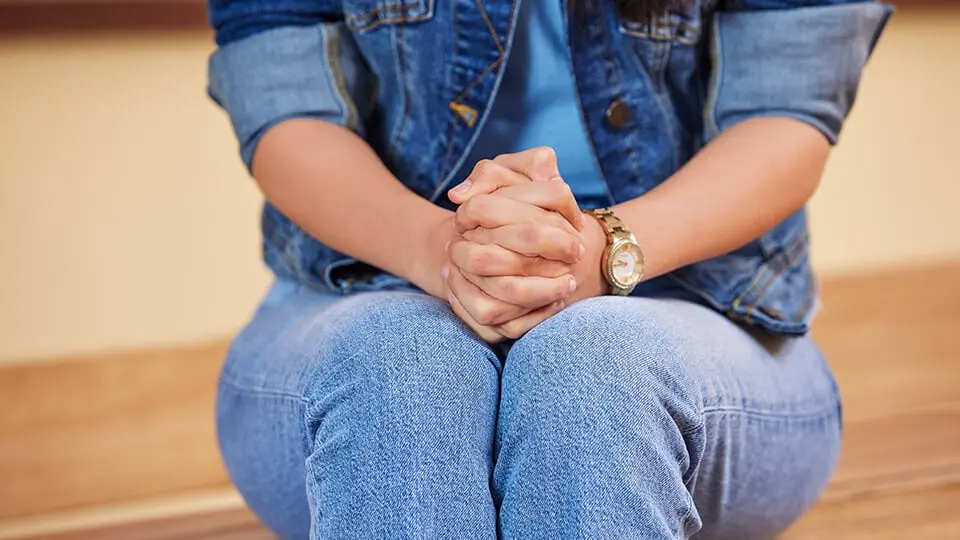As you enter the adolescent years, you are likely to experience new things and run into terms that you may not have heard before. One such term is puberty. While going through your adolescent years, this term will likely come up often. To help you navigate your way through puberty, we have outlined what is puberty, what are the changes during puberty, and most importantly how to deal with puberty.
What is puberty?
Puberty is a development phase that nearly all people go through. It is an important process that marks the transition of children into young adults or teenagers. This transition takes place through a variety of mental, biological as well as physical changes.
If you are just entering your adolescent years, chances are that you may have started experiencing some of these changes. And we understand - this is likely something new and unfamiliar that you have not really experienced before, but that is okay. Puberty is nothing to be worried about.
However, in the event that you are confused about what this phase is all about, we have compiled a handy guide on how to deal with puberty. We hope that this gives you some insight into puberty and helps you through the journey.
At what age does puberty hit?
It is important to remember that puberty is primarily the phase that occurs between childhood and adulthood. That is why the most common puberty age is through adolescent years in both girls and boys. For boys, puberty tends to take place around the ages of 12 and 16. On the other hand, puberty for girls is likely to occur around the ages of 10 and 14.
What are the physical changes during puberty?
Puberty is the process through which a child transitions into an adult. Here, the child becomes sexually mature and develops characteristics that relate to it. This can be seen across the series of changes that take place throughout the body.
Girls are likely to experience the following changes during puberty across each of the four stages
In the stage of Adrenarche, girls are likely to experience the development and stimulation of hormones across the body. That is what triggers the development of body odour, sebum production, acne, and the growth of facial hair. It is in this Adrenarche phase that girls will generally experience the most physical changes during puberty.
Pubic hair tends to pop up during Pubarche
Appearance of breast buds during Thelarche
The first menstrual bleeding generally occurs during Menarche
On a similar note, boys also tend to experience developmental changes during puberty. This occurs in the following manner
The first sign of puberty in boys is that the testicles and the penis grow larger. They become fuller, get more defined, and become thicker in nature.
Along with that, boys may notice that hair has started growing around the pubic area and armpits. During this phase, boys may experience the growth of facial hair such as a beard and moustache.
Boys are also likely to experience the development and growth of muscles across the body.
What are the physical changes during puberty?
The important thing to remember is that puberty presents an internal experience. That is why all changes during puberty tend to be personal and intimate for each individual. Each individual tends to experience puberty in a unique manner and is likely to come out of it differently.
There is a strong chance that you may experience a variety of emotions as you navigate through this phase. There may be days when you feel gloomy and days where you are joyful and positive.
But no matter what comes up, you should keep in mind that puberty is not something to be scared of. Instead, take the opportunity to reach out to other people and understand different ways on how to deal with puberty. Take note of the different methods they used, the products that were beneficial to them, and the different tips and tricks that took them through this developmental phase.
How to deal with puberty?
The most important thing to remember about puberty is that it is normal, it is common, and it is something that nearly all people go through. It is likely that your parents went through it along with your grandparents, siblings, friends, etc.
And that is a good thing. It means that you can reach out to all your close ones when you need help navigating through these waters. If you need some inspiration, this video will certainly give you the right boost.
When you reach out to your loved ones, you can share your experience with them and find solutions together. However, if you are not very comfortable with that, there are also other handy tips and tricks you can make use of.
One such tip is to invest in useful products that will ease your pain and assist you as you go through this developmental phase. Products such as well-fitting bras, comfortable and durable sanitary pads, and hot water bags go a long way with puberty for girls.
Another tip is to research what you are going through, learn more about it, and become an expert in the subject matter. So as you head in, you already know how to go about the entire process. That definitely pays off in the end.




